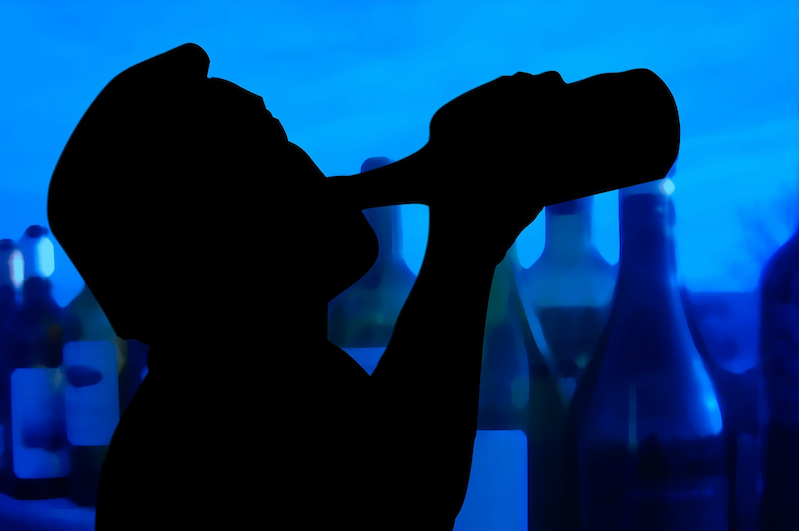An Existential Take on Alcohol Addiction
What can an existential lens bring to our understanding of alcohol addiction? To mark the start of Alcohol Awareness Week, Dr Ryan Kemp, author of Transcending Addiction, explains how our relationship with our emotions, our personal narratives and our bodies can become distorted through alcohol. What clients who misuse alcohol are caught up in, he suggests, is a profound struggle between authenticity and alienation.

To mark Alcohol Awareness Week, I want to suggest that alcohol poses an existential threat – not so much to our existence, but to our capacity to lead a full and meaningful life.
I am going to claim we use alcohol in two main ways: either for enjoyment or to escape our troubles. I know this both from what research tells us, and from my own clinical experience. This is not so surprising, I am sure. A hard day at the office and a glass of wine seems very appealing. A party or celebration is almost always accompanied by champagne and other drinks.
Emotional untruths
Alcohol changes our emotional state. And it does so extremely quickly and effectively. But this is where the problems start, for I believe this changed state is not real and is a form of emotional untruth. This changed feeling would be fine if the effects were minimal, or if it happened infrequently. But if it becomes common or habitual, the individual starts to live an existence that is essentially a lie. This deceptive way of being may soon start to extend into other areas of life. So relationships with friends and family start to become infused with lies and deceptions.
Yet the most important lie is the lie that we tell ourselves. We all have stories in which we are protagonists. The closer this story is to reality and the more successful life tends to be. The more distorted this life narrative is, the more socially isolated and mentally unwell the individual becomes. Over time, as addiction sets in, these distortions become extreme and start to destroy relationships. Often, individuals will also turn lying into stealing and other extreme behaviours.
Bodily disconnection
The same starts to happen with the heavy drinker’s attitude to their body. The body progressively becomes an object or thing that can be manipulated by technology (alcohol) to become altered as desired. I often observe two extremes in clients. Either the individual starts to take in even more food, along with more alcohol, or they start to neglect their food intake. So both emaciation and obesity are common in heavy drinkers, but it does not just end there, unfortunately: because the existential connection between the person and their body is damaged, because their relation is now to their body as a thing, all sorts of other effects are seen. These include problems with sleep, pain, sex and avoidance of physical health diseases.
Alcohol and alienation – a vicious circle
All of the above, and other issues, damage the individual’s fundamental ability to function in-the-world. It is damage to the very fabric of their existence. Alienated from their feelings, from their bodies and from the people in their lives, they experience a dramatic disorientation, and often seek dramatic solutions. Often this solution is more alcohol and more alcohol.
Human existence, in its richest and most meaningful form, is not easy. It is a challenge and requires authentic solutions. Alcohol abuse is an elaborate form of avoidance, which eventually results in a complete alienation from any form of authentic existence.